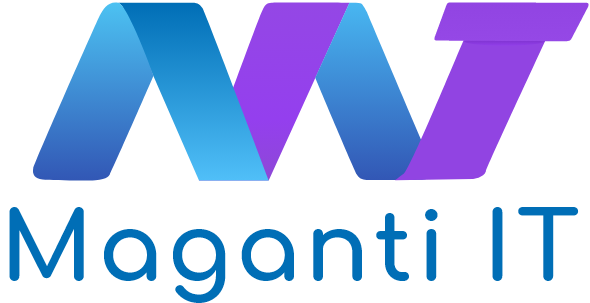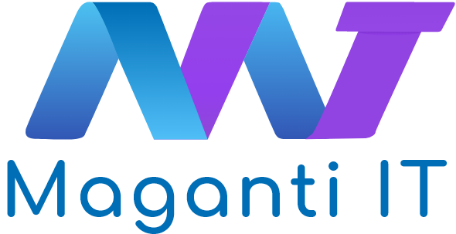Drive from meaningful change to measurable value.
Get free consultation and let us know your project idea to turn it into an amazing digital product.
Discover more about Maganti IT

A Leader in IT and Business Consulting
Reach Us
21 State Street, Waterbury, CT - 06702
info@mitresource.com
1-855-217-4637


